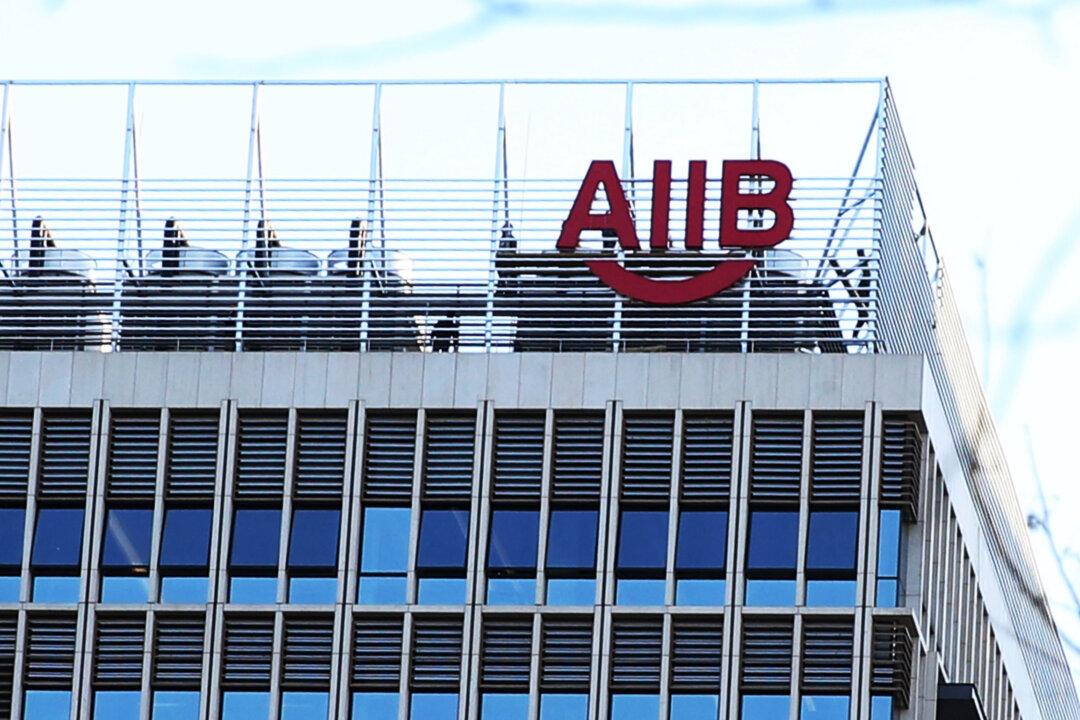Cabinet says it’s unclear if any jobs were created after Canada made a $510 million investment in Beijing’s Asian Infrastructure Investment Bank (AIIB), documents show.
“The Government of Canada is aware of five Canadian firms having signed contracts as part of the Bank’s corporate procurement,” cabinet wrote in a report introduced in the Senate at the request of Senator Leo Housakos, according to Blacklock’s Reporter.





